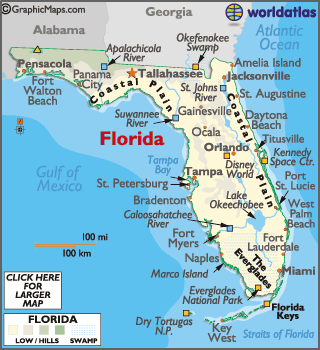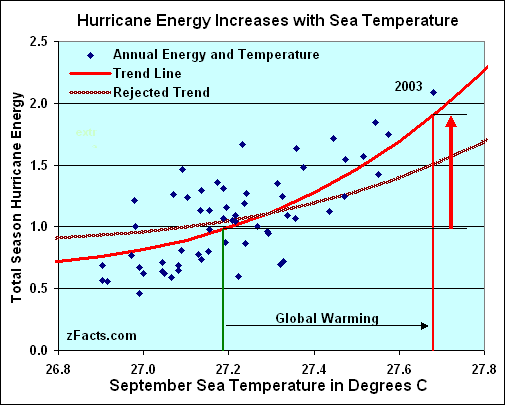Did you look at any of the 15 links I provided to data regarding the Pacific hurricane seasons? Do hurricanes only occur off the coast of Florida? Did the prediction that skooks is attempting to refute say that hurricanes striking Florida will increase in number and intensity? The dominant ENSO pattern for the last 15 years has been one to maintain strong easterly winds in the Gulf and Florida and create extensive shear aloft. The pattern is precisely what is needed to minimize storm strength in the western Caribbean and prevent tropical storms from striking the Florida coast. The lack of storms striking Florida has nothing to do with any decrease in global warming.
Florida =/= Pacific Ocean
Are you really this stupid?




